The Musical Rhetoric of the Polish Baroque: Eastern European Studies in Music

The Polish Baroque period, spanning the 17th and 18th centuries, was a time of great cultural and artistic flourishing in Poland. Music played a central role in this vibrant cultural landscape, and the Polish Baroque musical style developed a distinctive character that set it apart from other European musical traditions. 4.5 out of 5 One of the defining features of Polish Baroque music is its use of musical rhetoric. Rhetorical principles, derived from classical Greek and Roman oratory, were applied to musical composition to create music that was not only aesthetically pleasing but also persuasive and expressive. This article explores the various forms of musical rhetoric employed in Polish Baroque music, examining its origins, influences, and significance. The use of musical rhetoric in Polish Baroque music can be traced back to the Renaissance, when composers such as Mikołaj Gomółka and Wacław of Szamotuly employed rhetorical principles in their sacred vocal works. However, it was during the Baroque period that musical rhetoric truly flourished in Poland, influenced by a variety of sources. One major influence was the Italian Baroque style, which was introduced to Poland by Italian musicians and composers who visited the country. Italian Baroque music was characterized by its use of elaborate ornamentation, dramatic harmonies, and strong contrasts between sections. Polish composers adopted these elements, but they also combined them with their own native musical traditions to create a unique style. Another important influence on Polish Baroque musical rhetoric was the Jesuit educational system. The Jesuits, a Catholic religious order, played a major role in education in Poland, and they incorporated music into their curriculum. The Jesuits emphasized the use of rhetoric in teaching and communication, and this emphasis had a significant impact on Polish Baroque music. Polish Baroque composers employed a wide variety of rhetorical techniques in their music. These techniques can be divided into three main categories: Composers used these rhetorical techniques to create music that was not only beautiful to listen to but also persuasive and expressive. Music could be used to convey a variety of emotions, from joy and happiness to sadness and sorrow. It could also be used to teach moral lessons or to inspire religious devotion. The performance practices of Polish Baroque music were also influenced by rhetorical principles. Performers were expected to use a wide range of articulation and ornamentation to bring out the expressive potential of the music. Singers were expected to use a variety of vocal techniques, such as vibrato and portamento, to create a more expressive sound. Instrumentalists were also expected to use a variety of techniques to add ornamentation and expression to their playing. The use of improvisation was common, and performers were expected to be able to embellish the written music with their own improvisations. The combination of rhetorical techniques and performance practices created a unique and expressive musical style that was characteristic of the Polish Baroque period. Polish Baroque music was often performed in churches, palaces, and other public spaces, and it played an important role in the social and cultural life of the country. The musical rhetoric of the Polish Baroque period is a fascinating and complex subject. It is a testament to the creativity and expressiveness of Polish composers and performers during this period. The use of rhetorical principles in Polish Baroque music allowed composers to create music that was not only beautiful to listen to but also persuasive and expressive. The study of musical rhetoric in Polish Baroque music can provide valuable insights into the cultural and social context of the period. It can also help us to better understand the ways in which music can be used to communicate and persuade. Overview
Language : English File size : 86374 KB Text-to-Speech : Enabled Screen Reader : Supported Enhanced typesetting : Enabled Print length : 406 pages Origins and Influences
Forms of Musical Rhetoric
Performance Practices
4.5 out of 5
| Language | : | English |
| File size | : | 86374 KB |
| Text-to-Speech | : | Enabled |
| Screen Reader | : | Supported |
| Enhanced typesetting | : | Enabled |
| Print length | : | 406 pages |
Do you want to contribute by writing guest posts on this blog?
Please contact us and send us a resume of previous articles that you have written.
 Top Book
Top Book Novel
Novel Fiction
Fiction Nonfiction
Nonfiction Literature
Literature Paperback
Paperback Hardcover
Hardcover E-book
E-book Audiobook
Audiobook Bestseller
Bestseller Classic
Classic Mystery
Mystery Thriller
Thriller Romance
Romance Fantasy
Fantasy Science Fiction
Science Fiction Biography
Biography Memoir
Memoir Autobiography
Autobiography Poetry
Poetry Drama
Drama Historical Fiction
Historical Fiction Self-help
Self-help Young Adult
Young Adult Childrens Books
Childrens Books Graphic Novel
Graphic Novel Anthology
Anthology Series
Series Encyclopedia
Encyclopedia Reference
Reference Guidebook
Guidebook Textbook
Textbook Workbook
Workbook Journal
Journal Diary
Diary Manuscript
Manuscript Folio
Folio Pulp Fiction
Pulp Fiction Short Stories
Short Stories Fairy Tales
Fairy Tales Fables
Fables Mythology
Mythology Philosophy
Philosophy Religion
Religion Spirituality
Spirituality Essays
Essays Critique
Critique Commentary
Commentary Glossary
Glossary Bibliography
Bibliography Index
Index Table of Contents
Table of Contents Preface
Preface Introduction
Introduction Foreword
Foreword Afterword
Afterword Appendices
Appendices Annotations
Annotations Footnotes
Footnotes Epilogue
Epilogue Prologue
Prologue Louise Penny
Louise Penny Shan Ling Li
Shan Ling Li David E Stone
David E Stone Manish Kumar
Manish Kumar Sean Donnelly
Sean Donnelly Jilean D Fabien
Jilean D Fabien Shenita Ramos
Shenita Ramos Toni Cabell
Toni Cabell Revised Ed Edition Kindle Edition
Revised Ed Edition Kindle Edition Liv Spencer
Liv Spencer Werner Stejskal
Werner Stejskal Jon Land
Jon Land Ben Rehder
Ben Rehder David Baddiel
David Baddiel Anthony Debarros
Anthony Debarros Earthschool Harmony
Earthschool Harmony Jean Luc Levesque
Jean Luc Levesque Bess Streeter Aldrich
Bess Streeter Aldrich Jaiden Baynes
Jaiden Baynes Cheri Schmidt
Cheri Schmidt
Light bulbAdvertise smarter! Our strategic ad space ensures maximum exposure. Reserve your spot today!
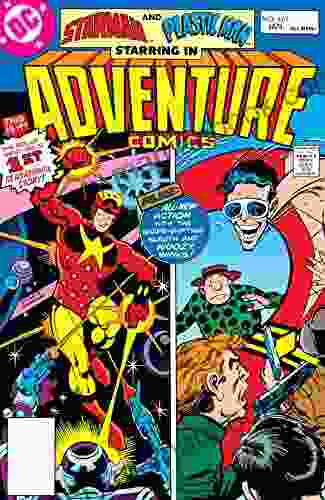
 Brett SimmonsAdventure Comics (1935-1983) #467: The Fortress of Solitude and the Legion of...
Brett SimmonsAdventure Comics (1935-1983) #467: The Fortress of Solitude and the Legion of...
 J.D. SalingerDecodable Chapter Books for Dyslexia and Struggling Readers: The Adventures...
J.D. SalingerDecodable Chapter Books for Dyslexia and Struggling Readers: The Adventures... Matthew WardFollow ·4.8k
Matthew WardFollow ·4.8k Isaac MitchellFollow ·14.9k
Isaac MitchellFollow ·14.9k DeShawn PowellFollow ·12.8k
DeShawn PowellFollow ·12.8k Marvin HayesFollow ·7.8k
Marvin HayesFollow ·7.8k Julio CortázarFollow ·4.2k
Julio CortázarFollow ·4.2k Robert BrowningFollow ·9.5k
Robert BrowningFollow ·9.5k Henry David ThoreauFollow ·6.3k
Henry David ThoreauFollow ·6.3k Alexandre DumasFollow ·9.6k
Alexandre DumasFollow ·9.6k
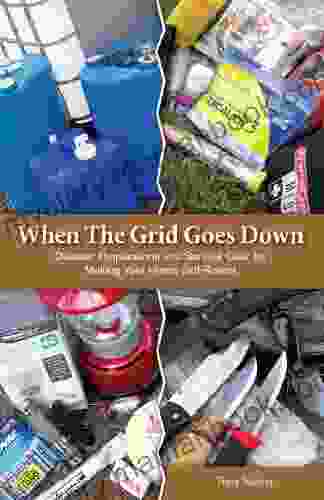
 Luke Blair
Luke BlairWhen the Grid Goes Down: Disaster Preparations and...
In today's modern...

 Diego Blair
Diego BlairComputer Virus Guide: Everything You Need to Know to Stay...
Computer viruses...
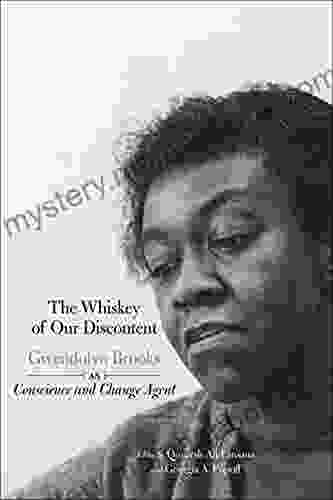
 Dale Mitchell
Dale MitchellThe Whiskey of Our Discontent: A Literary Exploration of...
John Steinbeck's The...

 Mark Mitchell
Mark MitchellA Culinary Odyssey: Exploring the Delectable World of...
An to Southern...
4.5 out of 5
| Language | : | English |
| File size | : | 86374 KB |
| Text-to-Speech | : | Enabled |
| Screen Reader | : | Supported |
| Enhanced typesetting | : | Enabled |
| Print length | : | 406 pages |


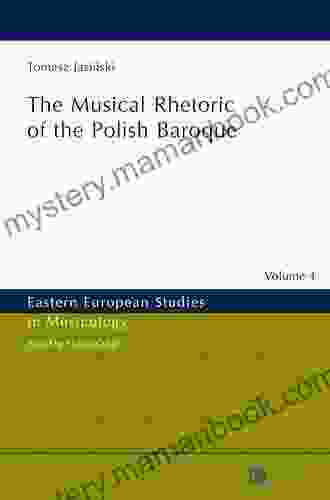
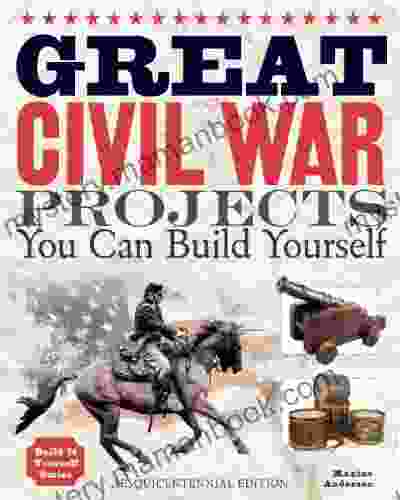



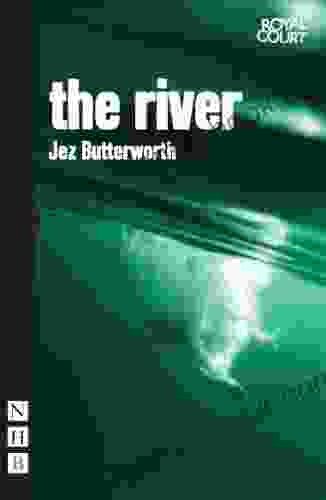

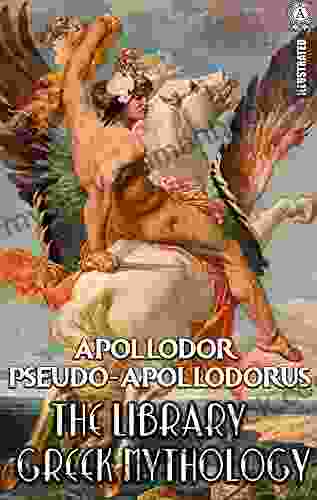

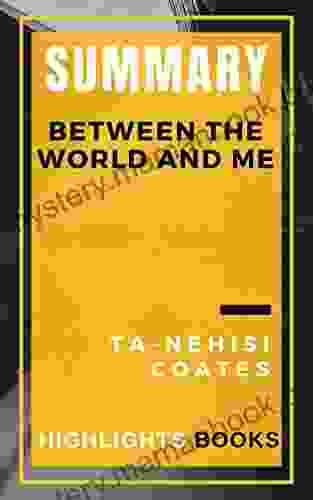

Social Context
The development of musical rhetoric in Polish Baroque music cannot be separated from the social and cultural context in which it took place. Poland was a major power in the 17th and 18th centuries, and its culture was influenced by a variety of factors, including the Renaissance, the Reformation, and the Enlightenment.
Music played an important role in Polish society, and it was used for a variety of purposes, including religious worship, court entertainment, and social gatherings. The use of musical rhetoric in Polish Baroque music reflects the importance of communication and persuasion in Polish society.
The Polish Baroque period was a time of great cultural and artistic achievement, and music played a central role in this flourishing. The use of musical rhetoric in Polish Baroque music is a testament to the creativity and expressiveness of Polish composers and performers during this period.